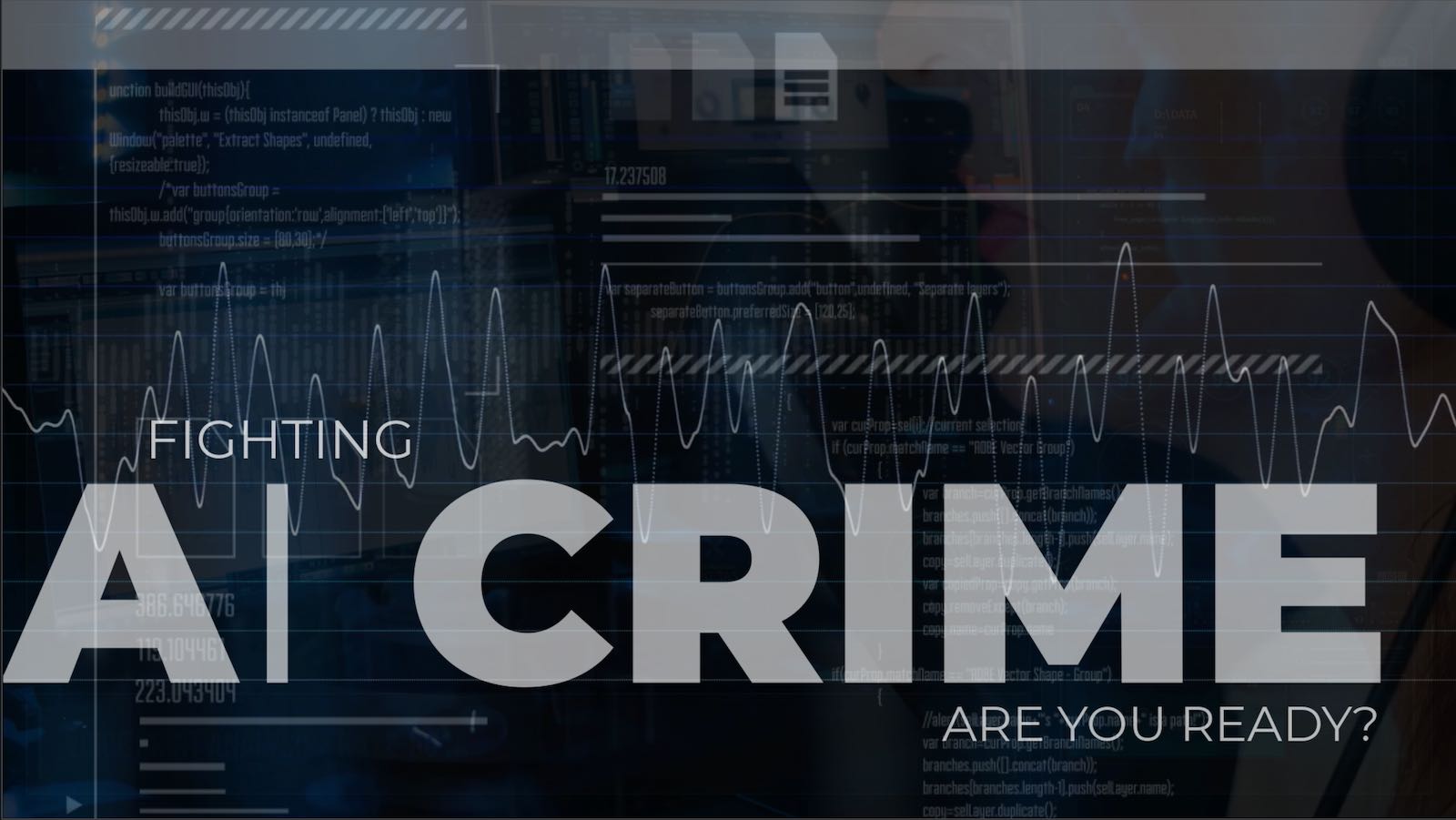AI is accelerating cybercrime and fraud for everyone
Whether it’s making synthetic identity fraud easier, increasing the quality and number of phishing emails, or making it easier to find and exploit vulnerabilities, AI is making cybercrime and fraud fighting harder for everyone.

THE SURGE IN AI-AIDED CRIME
We’ve identified more than 20 different ways that AI is accelerating cyber crimes, scams, fraud, and at least half a dozen of them are expected to increase the threat of identity theft to car dealerships.
THE SCOURGE OF SYNTHETIC IDENTITY FRAUD
Synthetic identity is also surging thanks to AI, with some estimates suggesting that nearly 80% of all identity fraud is now based on synthetic identities. Synthetic identity theft uses a mixture of real and fake pieces of information to create an entirely new identity that has few red flags attached.
AI is also helping criminals create thousands of entirely fictitious new companies – one fraud company recently detected more than 11,000 of these ghost businesses – all of which can be used to make a synthetic identity fraud harder to detect.
The Deloitte Center for Financial Services predicts that synthetic identity fraud could lead to $23 billion in losses by 2030.
MAKING THE TREASURE TROVE OF STOLEN DATA USABLE
Until AI came along, cyber criminals and identity thieves simply had too much information to make sense and use of it all. In 2021 alone it’s estimated that more than 40 billion personal records were stolen in data breaches, 150 billion records were stolen in just the last 5 years, and in one recent discovery in January 2024 a stash of more than 26 billion stolen records were discovered on the server of a criminal.
Until now, criminals simply didn’t have the tools to exploit all that stolen data. AI is making it much easier to join the dots and turn that data into usable identities primed for fraud.
And we’re already beginning to see the consequences. In just the 12 months following the launch of Chat GPT, deepfake-based identity fraud surged more than 1,700% in the US alone.
AI FORGING AHEAD
AI is very capable of forging and counterfeiting the most complicated documents, including birth certificates, driver’s licenses, and even passports.
In one recent demonstration, researchers were able to purchase a driver’s license on the dark web for less than $15 that was capable of bypassing advanced verification technologies.
AI is also capable of forging all the stuff that’s supposed to make counterfeiting much more difficult – things like watermarks, holograms, microprinting, special fonts and logos, and of course, a user’s photo and even signature.
AI can also easily forge utility bills, financial and bank statements and histories, W2s and other tax documentation, lease and mortgage evidence, wage information, even entire credit reports.
MORE THAN JUST IDENTITY THEFT
AI is making every kind of cybercrime and cyber attack easier, and dealerships might be more vulnerable than most businesses.
AI is already accelerating some of the most common attacks, including phishing emails and business email compromise (BEC) attacks. In the 12 months since the launch of ChatGPT, phishing emails not only surged more than 1,200%, but the quality was the best we’ve seen.
AI is also making it easier for criminals to create tools that will more easily detect vulnerabilities or weaknesses in networks, create undetectable malware, more easily crack passwords, and bypass multi-factor authentication systems.
INTERESTED?
We’d love to share more about who we are, how we can help, and why we know so much about these threats and challenges.
We always respond the same day.